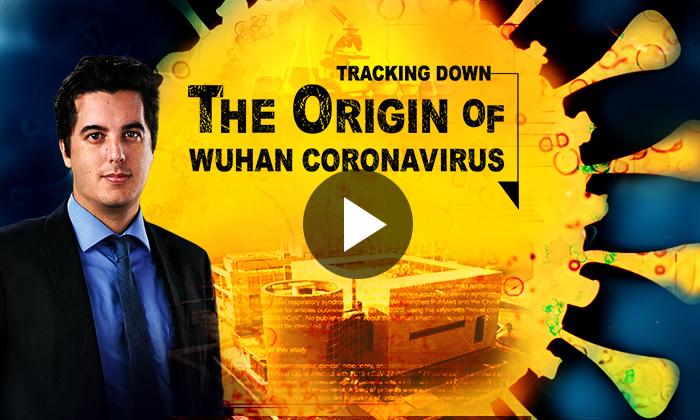The horrors of the Sujiatun death camp were prefigured and made possible by the system of harvesting organs that has been present in China for two decades.
That system treats prisoners as raw material to be exploited for profit. It hopelessly confounds the roles of courts and doctors. Courts are given incentives by the transplant industry to schedule executions. Doctors become de facto members of the criminal justice system. Instead of having as their only priority healing the sick, doctors become assistants in executions.




